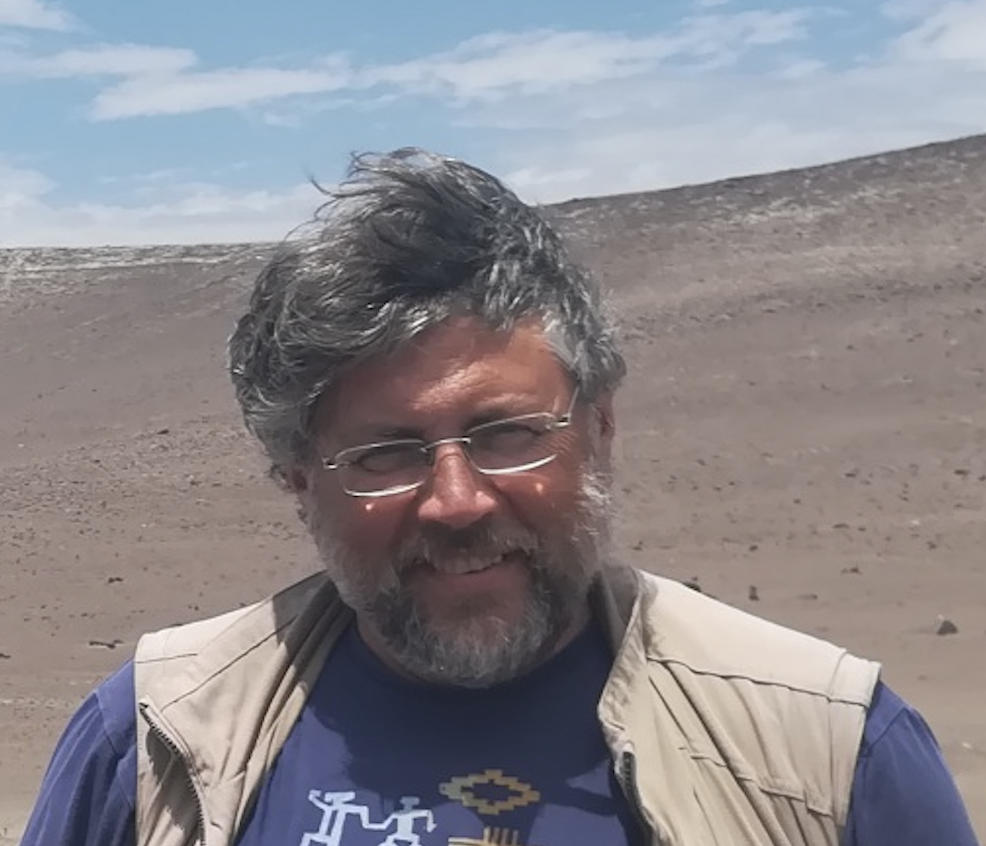We will learn what archaeology and oral traditions have taught us about the island’s cultural rise and decline.
Easter Island, or Rapa Nui, is the most isolated piece of permanently inhabited land on the planet, and yet it produced a most extraordinary Stone Age culture: hundreds of sophisticated coastal stone platforms, more than a thousand enormous stone statues, the richest rock art in the Pacific, and a unique writing system. This talk will provide an introduction to the history of the discovery of this culture; to its principal features; and to what archaeology, oral traditions and, more recently, palaeobotanical evidence have combined to teach us about the island’s cultural rise and decline, its environmental crisis, and the lessons all this can teach us about how we look after the Earth as a whole.
How to book this event:
Guests are welcome for a fee of £10 payable on the night but please contact our Membership Secretary at shahazhanchoudhury@yahoo.co.uk to make sure we have space.
THE ARTS SOCIETY ACCREDITED LECTURER

Dr Paul Bahn
Studied archaeology at the University of Cambridge, and completed PhD thesis (1979) on the prehistory of the French Pyrenees. Has held post-doctoral fellowships, at Liverpool and London, plus a J. Paul Getty postdoctoral fellowship in the History of Art and the Humanities. Devotes time to writing, editing and translating books on archaeology, plus occasional journalism and as much travel as possible. Main research interest is prehistoric art, especially rock art of the world, and most notably Palaeolithic art, as well as Easter Island. Led the team which, at his instigation, searched for and discovered the first Ice Age cave art in Britain (at Creswell Crags) in 2003.
OTHER EVENTS
We will chart the rise of St Ives as a centre for modern art and how it become a focal point for post-war Avant Garde art.
Steve King will continue the story he began with us in January 2024. This story features the music of the Beatles, The Rollings Stones and Bob Dylan.




